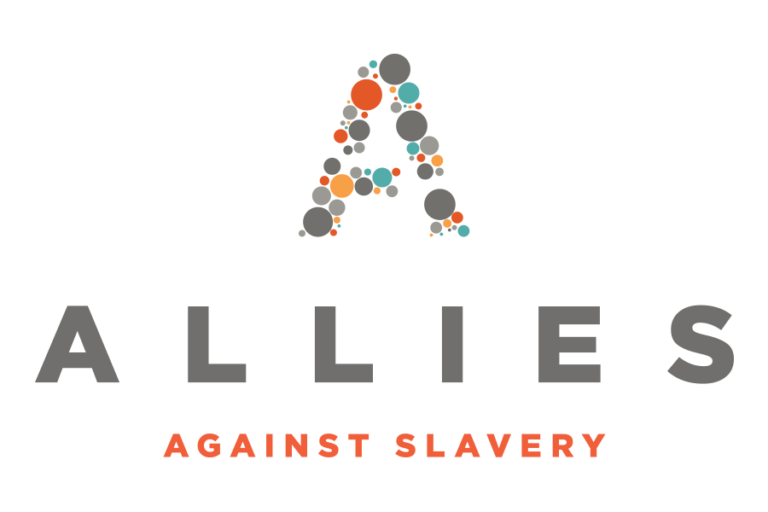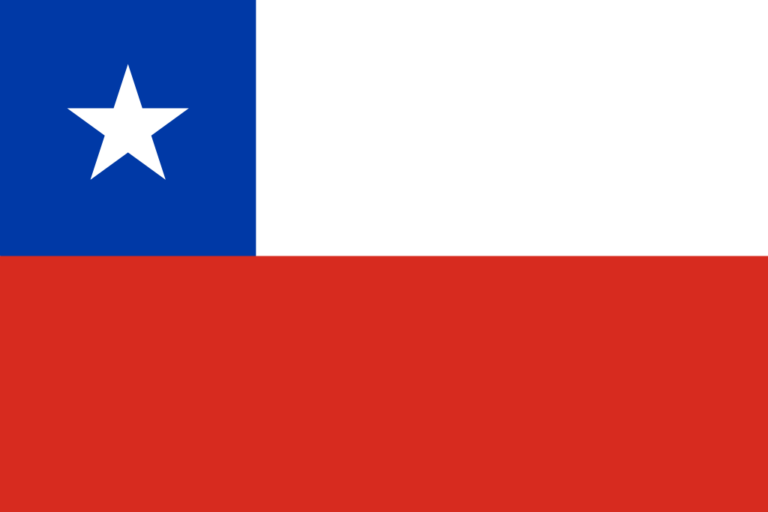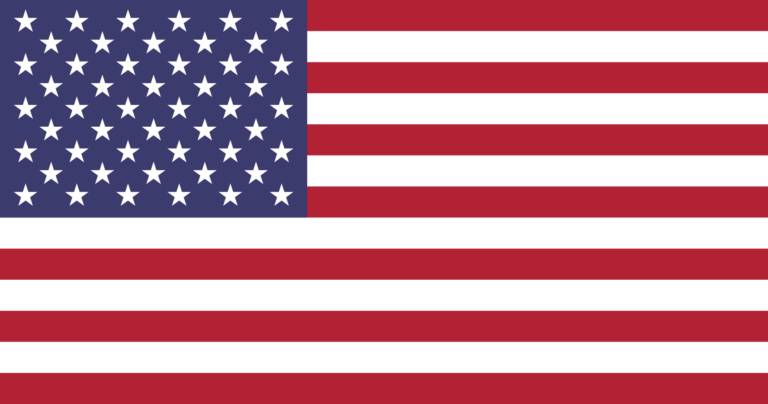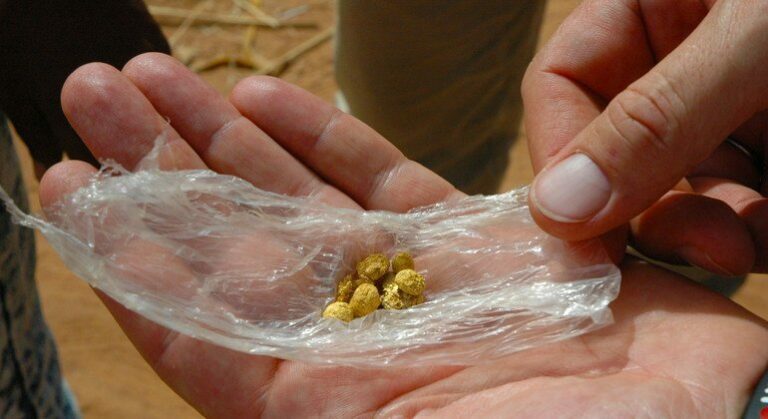Louisiana Governor’s Office Selects Lighthouse Data Platform to Help Combat Human Trafficking Statewide
The Louisiana Governor’s Office of Human Trafficking Prevention (OHTP) and the Louisiana Children’s Trust Fund have awarded a grant to Allies Against Slavery to leverage Lighthouse as a powerful new tool in the state’s data-driven strategy to prevent human trafficking and address the needs of survivors. “Louisiana is taking a lead in the fight against human…






